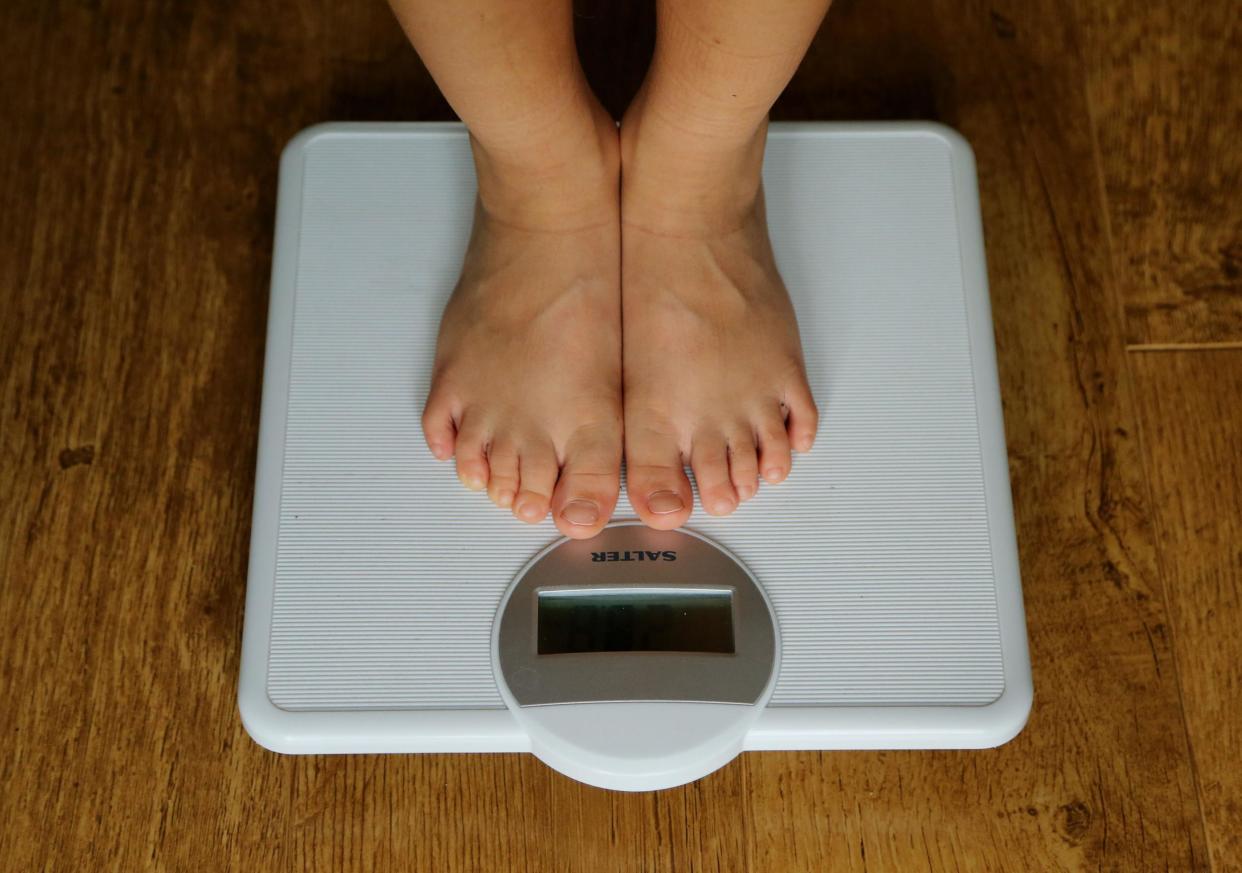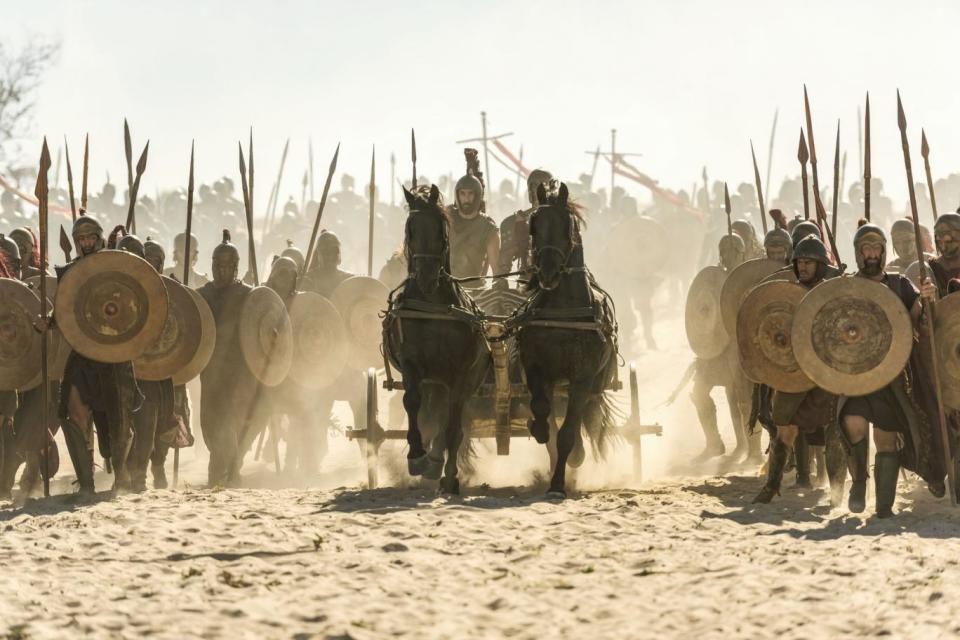The truth may hurt but lies make the world go round

How much did you eat at lunch today? Actually, don’t answer. You will not tell me the truth. A study conducted by the Office for National Statistics revealed this week that Britons consume about 50 per cent more calories than they admit to — one reason, perhaps, why more than half of women and nearly three-quarters of men in this country are overweight. Our straining belts and taut trouser-seats are plumped out with saturated fat and refined sugar, and served on a bed of deep-fried lies.
Of course, Britons don’t just lie about food. Other research tells us that we fib about how much exercise we take and about how much alcohol we drink. We lie about how many sexual partners we have enjoyed, about our sexual inclinations and about the size of our genitals. We lie about our voting intentions and prejudices. We lie about our salaries and our charitable giving. We chronically misstate how competent we are at our jobs (a phenomenon known as the Dunning-Kruger effect) and claim to be much better at driving than we are (a phenomenon known as the Everyone Else On The Road Is A Public Menace Except For Me effect).
In fact, people are accidentally or deliberately wrong about goddamn near everything.
Last year data scientist and former Google employee Seth Stephens-Davidowitz published a book called Everybody Lies, in which he highlighted our state of perpetual falsehood by examining the discrepancies between poll results and search-engine queries. His conclusion, in a nutshell, was that “the world is worse than we have thought”.
Although the landscape of deception Stephens-Davidowitz painted was striking and bleak, it was not new.
Indeed, it has been appreciated for centuries. The phenomenon of human unreliability was certainly recognised in the 1890s when someone — Mark Twain said it was Benjamin Disraeli — coined the phrase about “lies, damned lies and statistics”.
But the insight that we cannot and should not believe everything we hear can be found in storytelling stretching from Homer and the Arabian Nights to the Canterbury Tales and The Usual Suspects.
It is also the first thing that we tell children who take GCSE history — one reason why history is such an important discipline to teach. The good historian’s starting point of enquiry is much like the good detective’s: assume the rat bastard is lying to you, then focus your energy on trying to work out why.
And never tell anyone how much you really eat for dinner.
Beards, flesh and gore: this Trojan epic ticks the boxes

The BBC’s new Iliad-based romp, Troy: Fall of a City, started at the weekend, and it ticked all the boxes necessary for successful historical drama in the late Game of Thrones era: jiggly breasts and yucky gore were both established as key motifs within the first five minutes, and everyone delivered their lines as though they were severely asthmatic.
It was kind of pretty, not at all taxing and Louis Hunter, playing Paris, had a super beard. On a Sunday night, that’s about all I can cope with.
Heed call to end hygiene poverty
Last week my wife, Jo, helped launch Beauty Banks, a scheme for donating and distributing toiletries such as deodorants, toothpaste, tampons and nappies to Londoners forced through poverty to choose between putting food on the table and keeping their families clean.
Within two days the pile of donations was above head height, and this week the first consignments are being shipped out. A reminder that although our city is imperfect it is also populated by generous folk who help one another out. You can find out more about Beauty Banks and donate via the Instagram page:
Beasts leave a hole in my life
Farewell, Wild Beasts, who called it a day after their Hammersmith Apollo gig on Saturday night, bringing to an abrupt close a 16-year career in which they have produced reliably brilliant music pitched perfectly between the indie-arthouse avant garde and the dancefloor.
A little like David Bowie covering Kate Bush, their five albums have been my go-to choices when I am writing, walking or working out. Still, there is something to be said for quitting while the going is good. And, with luck, Wild Beasts will be back on their moneyspinning reunion tour before they get too old and craggy for it to be undignified. In the meantime, there’s always Franz Ferdinand.

 Yahoo News
Yahoo News 
